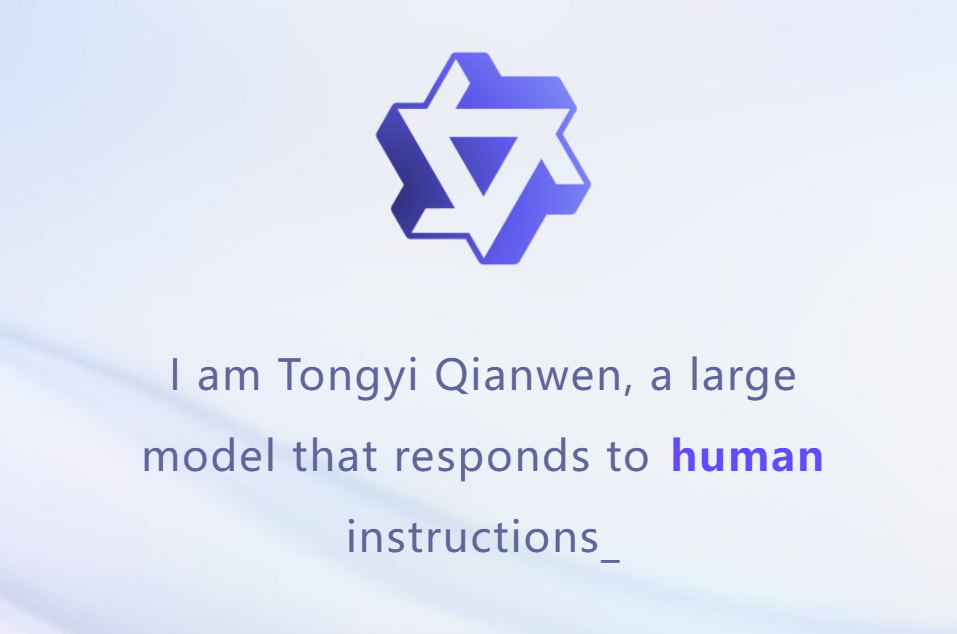In a significant development, Alibaba, the Chinese e-commerce giant, has decided to open up its powerful artificial intelligence model to third-party developers. This move aims to enhance the adoption of its product and establish a leading position in the world of technology. With this decision, Alibaba entered the same arena as the U.S. tech giant Meta, which recently took a similar step. By challenging Meta and OpenAI, the creators of ChatGPT, Alibaba aims to capitalize on the vast potential of its large language model (LLM) called Tongyi Qianwen.
Also Read: Alibaba and Huawei’s Announce Debut of Their Chatbots: The Rise of Generative AI Chatbots in China

Unleashing Tongyi Qianwen: Alibaba’s AI Powerhouse
Tongyi Qianwen, Alibaba’s LLM, is a robust artificial intelligence model trained on massive amounts of data. It is the backbone for various generative AI applications, including ChatGPT, capable of providing human-like responses to user inputs. Notably, this AI model can generate content in both English and Chinese. Moreover, it comes in different sizes, with one featuring an impressive seven billion parameters.
Also Read: Alibaba’s ChatGPT Rival to Change the Way People Live and Work
Democratizing AI with Open-Sourcing
Alibaba’s groundbreaking decision involves open-sourcing the seven-billion-parameter model, known as Qwen-7B, and a version designed explicitly for conversational apps called Qwen-7B-Chat. By doing so, the company offers researchers, academics, and global companies the opportunity to leverage this AI model to create their generative AI apps. This initiative saves developers time and resources and encourages more users to engage with Alibaba’s AI technology.
Also Read: New AI Model Outshine GPT-3 with Just 30B Parameters
Fueling Cloud Computing and Future Growth
The move aligns with Alibaba’s strategic focus on strengthening its cloud computing division through AI investments. With cloud computing deemed a crucial area for profitability and growth, the company seeks to gain a competitive edge by offering a powerful LLM for AI app development.

Alibaba vs. Meta: The AI Battle Unfolds
In a race against time, Alibaba competes with Meta, which has already open-sourced its Llama large language model to researchers. As the battle intensifies, Microsoft has announced plans to make Meta’s Llama 2 accessible on its Azure cloud-computing service. While Alibaba hasn’t made a similar partnership announcement yet, the success of its LLM in the market could prove attractive to cloud providers in the future.
Also Read: Meta Open-Sources All their Promising Projects | Find Out Why

Empowering Developers and Expanding AI Applications
Having already leveraged Tongyi Qianwen to develop its own apps, Alibaba aims to unleash its AI service, Tongyi Wanxiang, capable of generating images from prompts. By providing developers with open access to its AI model, Alibaba seeks to foster innovation and inspire the creation of groundbreaking AI applications.
Also Read: Stack Overflow Revolutionizes Developer Support with OverflowAI
Our Say
Alibaba’s decision to open-source its powerful AI model marks a significant milestone in the world of artificial intelligence. Alibaba democratizes AI development and expands its potential applications by enabling developers worldwide to utilize their AI technology. The competition with Meta and other tech giants signifies the ever-evolving landscape of AI innovation. It pushes companies to unlock new possibilities and shape the future of technology. As developers and researchers embrace Alibaba’s open-sourced AI model, its impact on various industries could be transformative. The world awaits to see how it revolutionizing the way we interact with AI-powered solutions.





